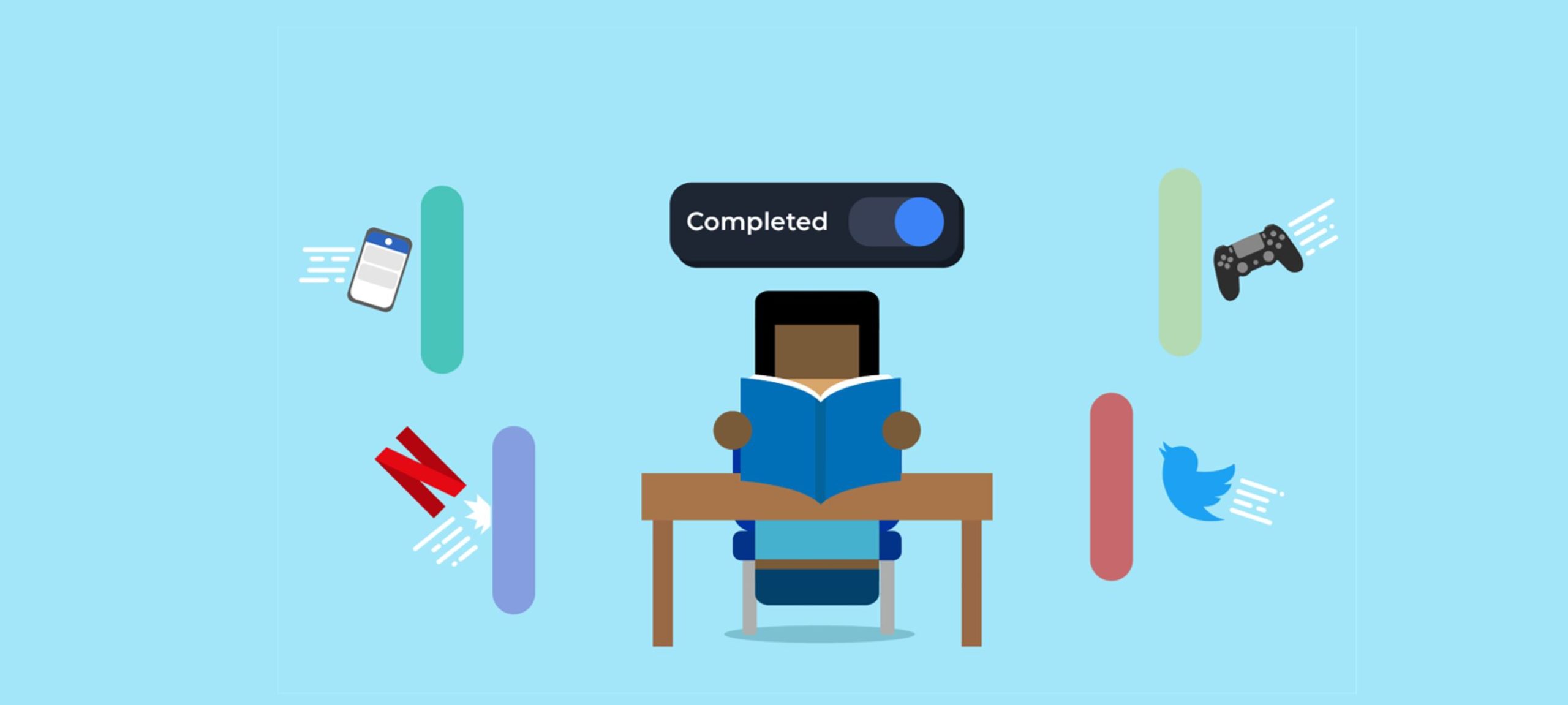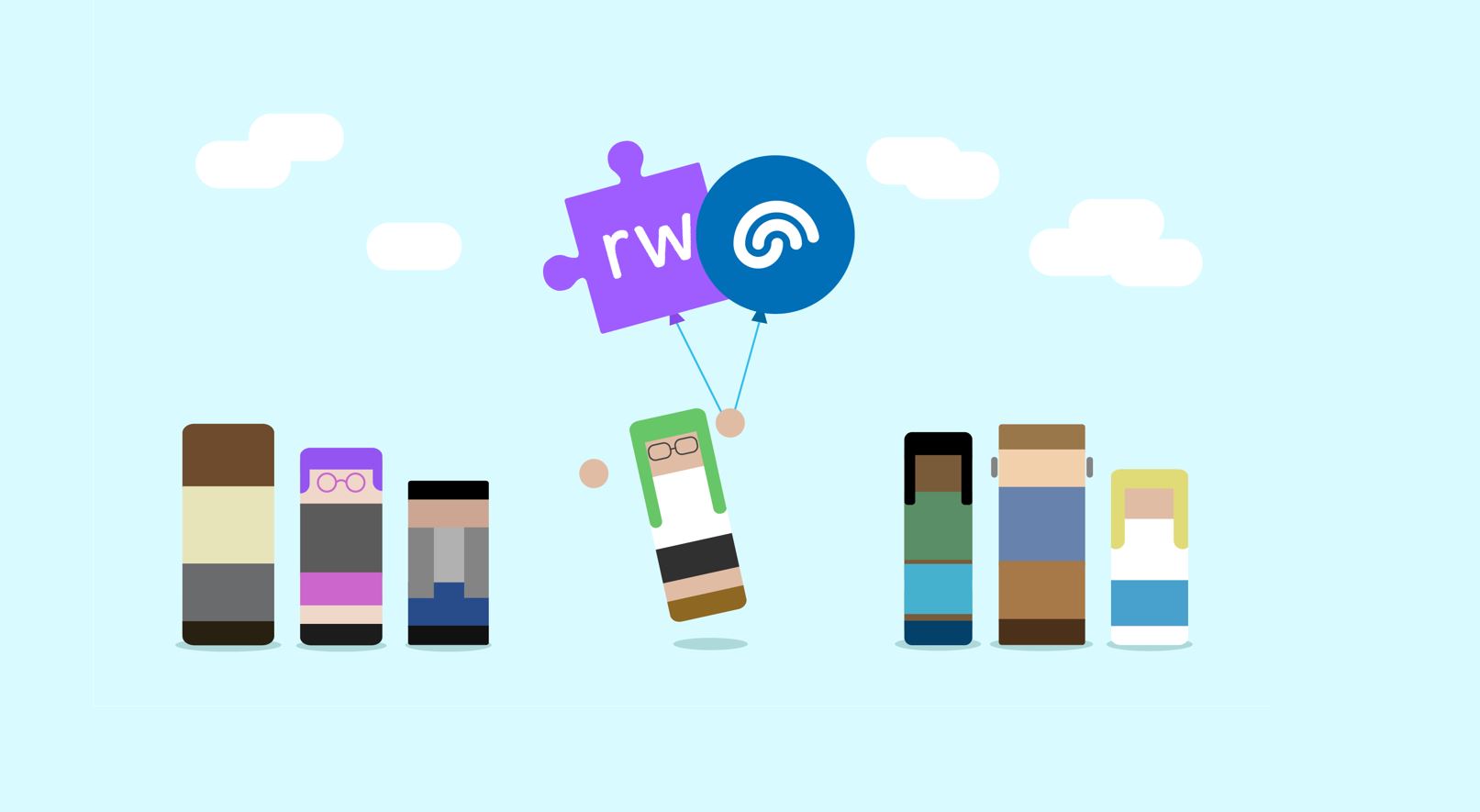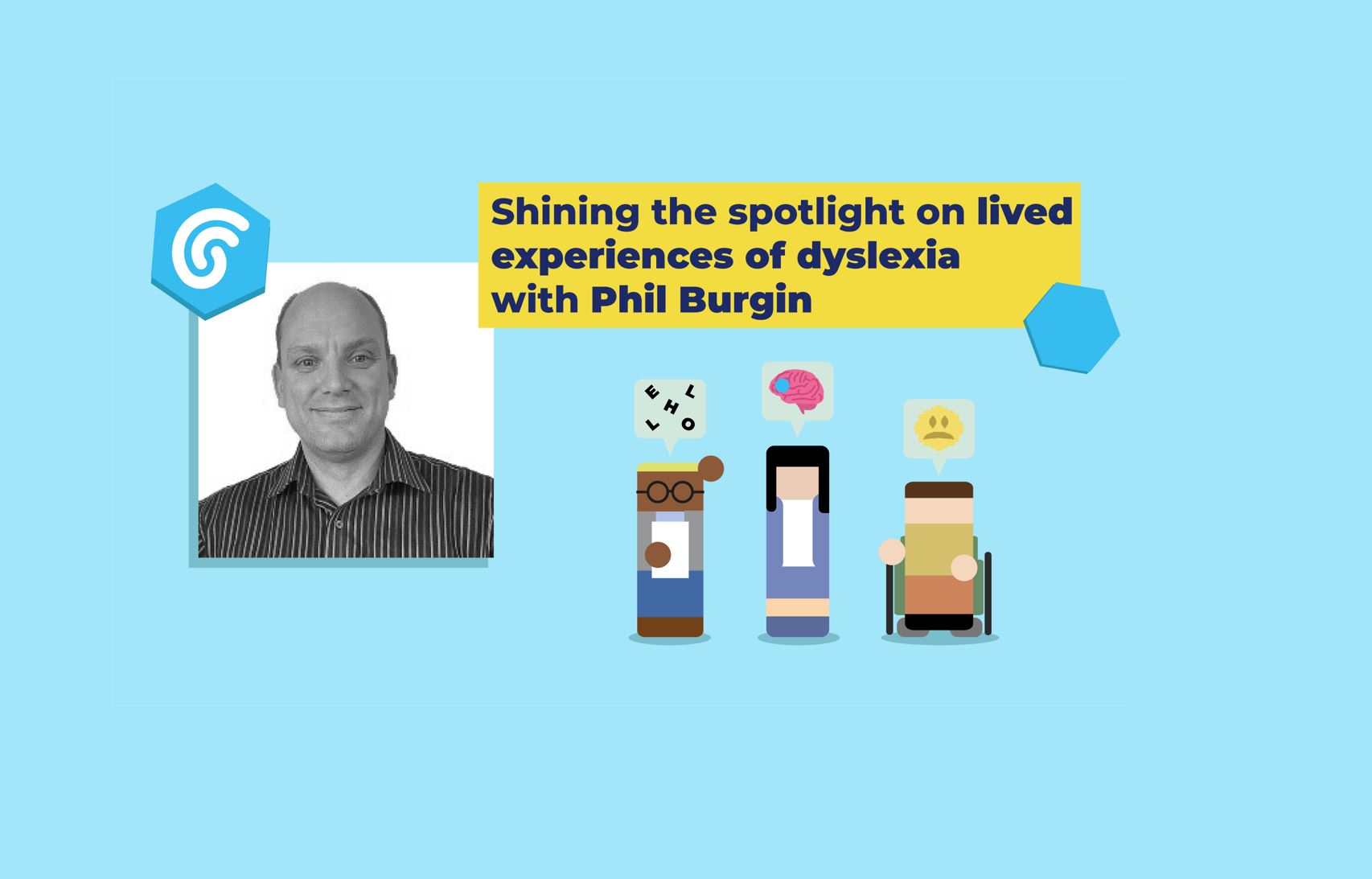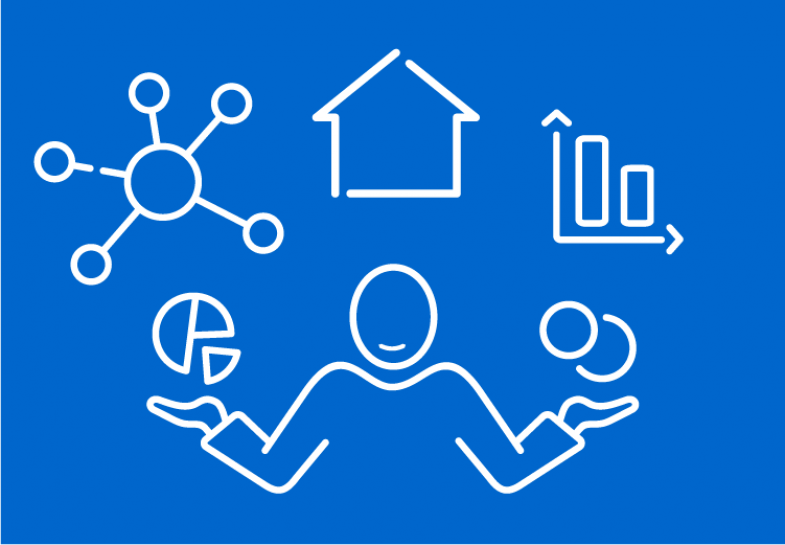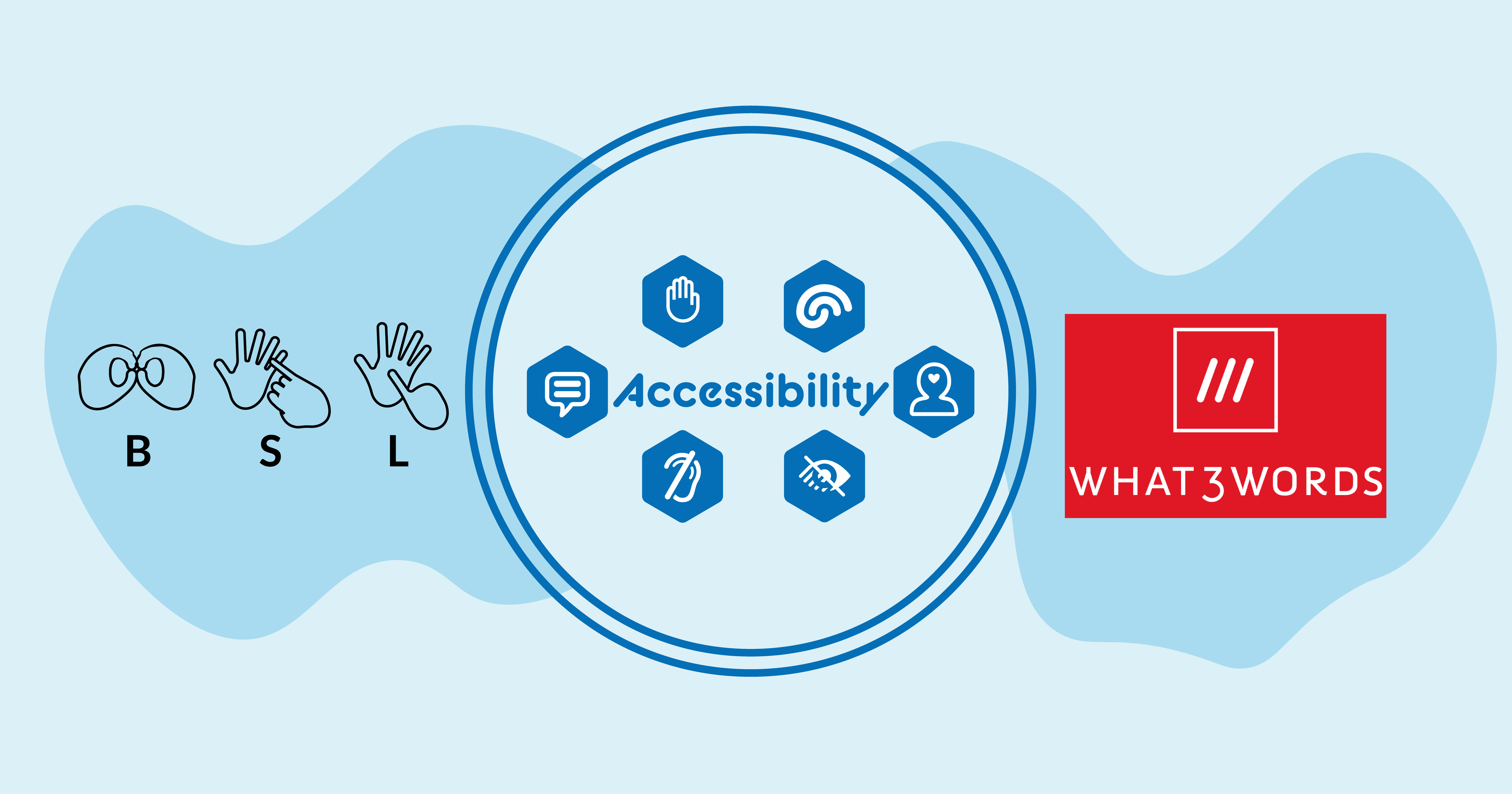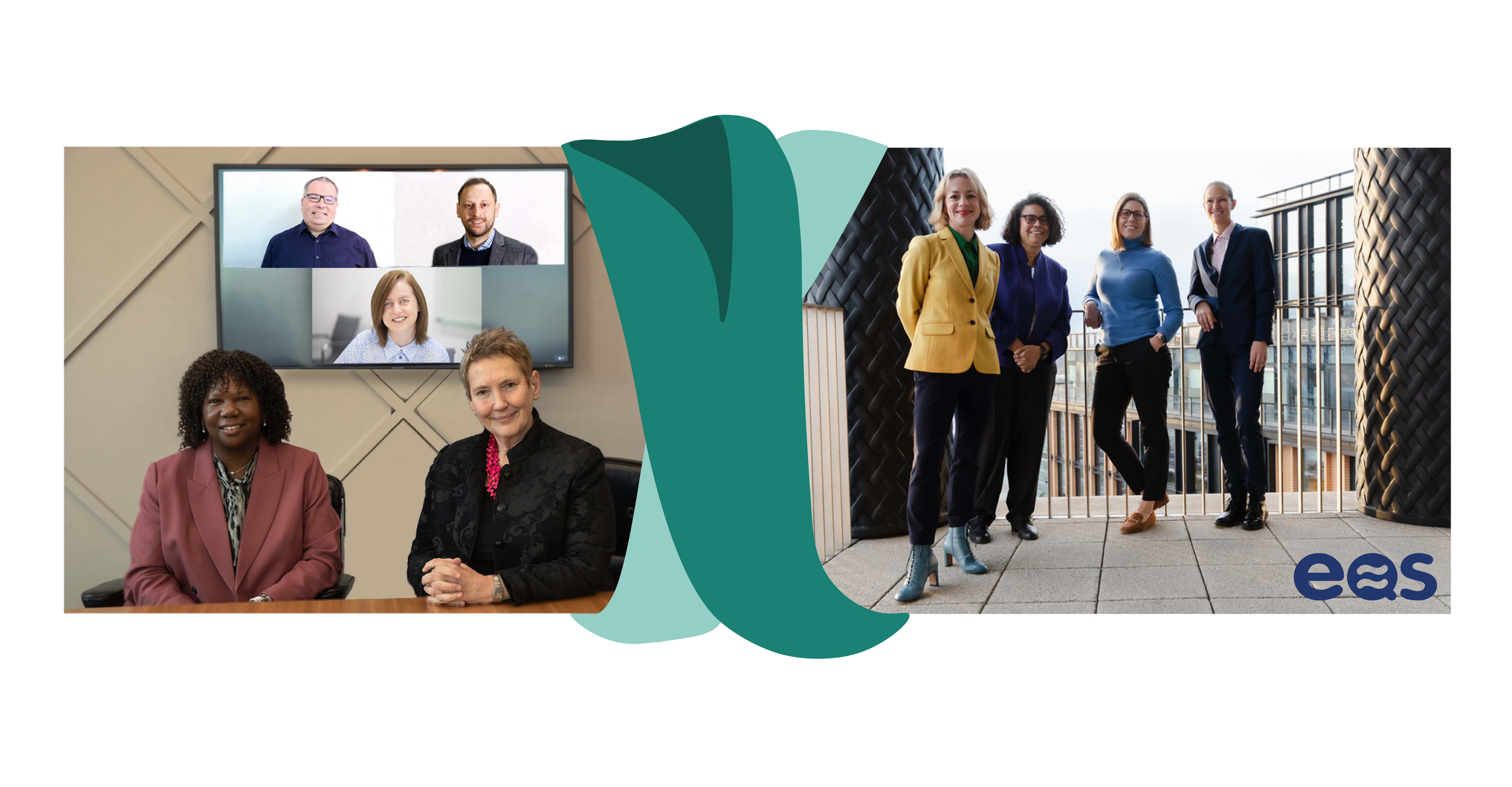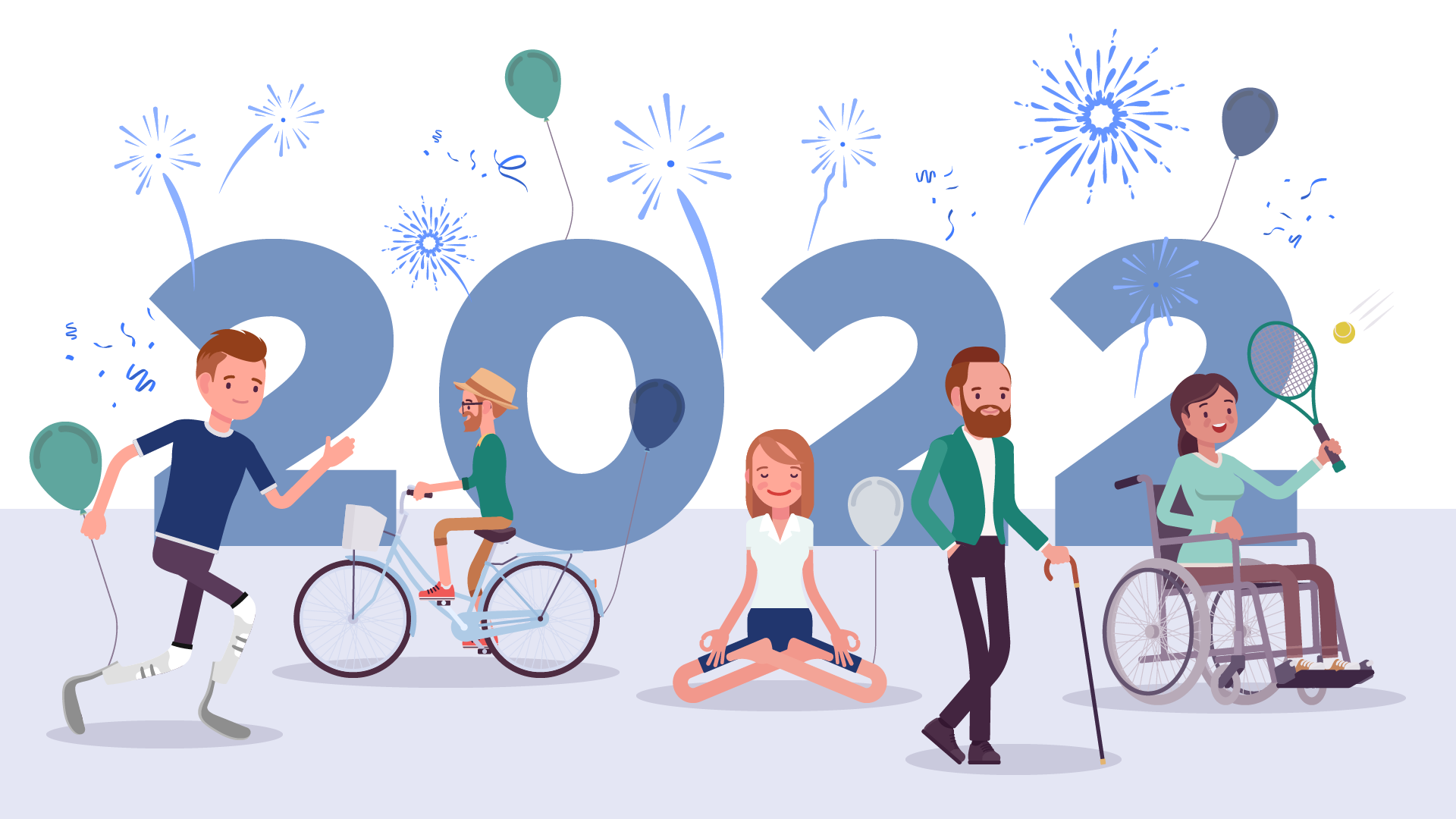Why invest in accessibility? Because we all matter.
Imagine visiting your favourite website. Maybe this means searching for the latest tech gadget or you want to look up that banana bread recipe everyone’s been baking during lockdown. Now imagine you’re on that website but you can’t read the text, or you can’t click a relevant link. Unfortunately, this is too often a reality for the 13.9 million people living with a disability in the UK.
That’s a total of 22% of the UK population living with a disability. Therefore, for some of the people reading this blog, you will have already experienced a barrier to your online browsing in some form.
Accessing opportunity during lockdown
When the word ‘accessibility’ comes up many people will immediately think of the physical aspects such as wheelchair ramps into buildings or signage in braille. Less people will think about the digital world.
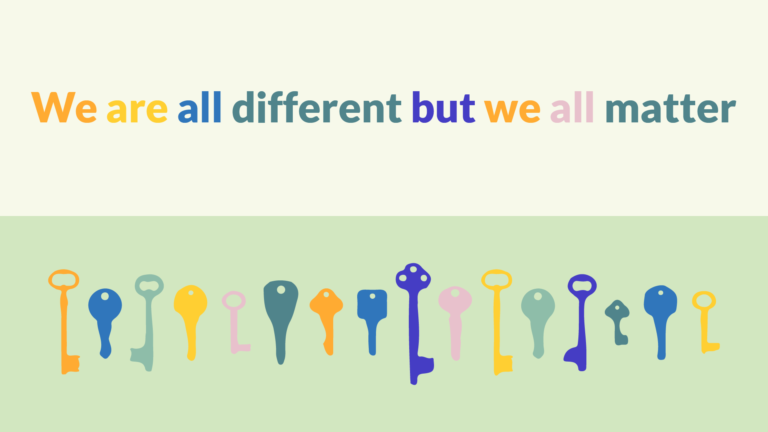
Even less will think about hidden disabilities and how these can affect day-to-day life and be further amplified during this time of restriction. As a father of two children, who both have hidden disabilities, I’ve seen first-hand how a lack of awareness and accessibility can impact the affected individual and their family.
The current global pandemic is forcing us all to rely on digital resources more than ever. Yet 70% of UK websites are still not fully accessible. It is no surprise then, that 90% of disabled users click away from a website rather than report accessibility issues.
This is why now, more than ever, is a good time to focus on developing the accessibility of our digital landscape and, ultimately, opening our minds to a truly inclusive society.
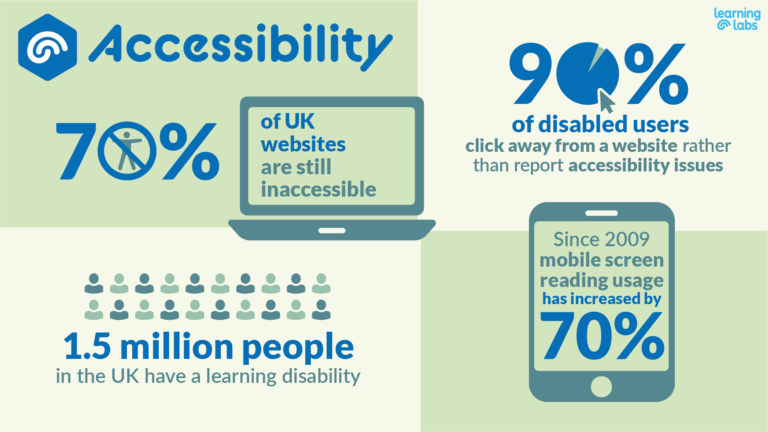
Our commitment to supporting accessibility
For me, Global Accessibility Awareness Day is always an ideal time to take stock and set some new goals to actively improve any areas of accessibility within our business.
Promoting an inclusive culture at work
As a business that operates in the Disabled Students Allowance (DSA) sector, we are lucky to be right on the pulse of new assistive technology launches or updates that can support accessibility.
Plenty of this stuff also makes for brilliant workplace tools and it’s not just for people with specific disabilities – and that’s the key – assistive software publishers have designed their products with total inclusivity in mind from the start. Real design accessibility means a product should be usable by everyone – it does not mean it is designed for one specific disability.
Our staff always use the latest assistive technology to support them at work; for instance, I like to use mind mapping tools when we are coming up with product development ideas. You can put everything down in one diagram and it’s easy to share with the team.
We also run a monthly Lunch ‘n’ Learn programme with workshops often led by staff members for staff members. This has included a sign language workshop, which we recently put into practice to help celebrate Deaf Awareness Week. This was a lot of fun and helped bring the team together whilst we are all working remotely (you can watch a video of our efforts here, which proudly for me includes a guest appearance from my kids).
Our CPD Revolution Online programme has been running for the last two months whilst in lockdown for DSA professionals, this has offered over 6 hours of free CPD on nine different assistive technologies, plus a keynote on mental health. Thankfully, mental health is starting to become a much more prevalent area for people to talk about but is another area which we will be continuing to put a particular focus on in terms of raising awareness in the coming months. Over 95% of our staff were able to log in and attend themselves, helping them to better understand the mental health & accessibility needs of the end users we are supporting every day.
Supporting end-user accessibility
There are a multitude of tools available to disabled internet users. Since 2009, mobile screen reading usage has increased by 70%. It is therefore important our e-learning portal is designed to enable these devices to interpret content correctly. Imagine walking into a cinema and joining a film halfway through or, more likely in my case, being woken up half way through by your disappointed Son. You’ve no idea who is who or what is happening – is the person on screen a hero or a villain? You lack context to understand what is taking place. Website page headers, hover descriptions and alt text provide users with the purpose and context of that particular webpage and of its content. Screen readers can communicate this information to the user aloud, supporting them in their decision making on the page.
The last few years has seen a significant rise in the popularity of video content, but how effective is it if only 78% of your audience can engage with it? This is why captions are so important, and if this isn’t possible then an equally informative, alternative content option should be easily accessible.
At Learning Labs, we don’t want to just tick a box and assume our portal is accessible. We are constantly looking at functions we can add that will support diverse needs. When users now log into the Learning Labs portal they are greeted with their own personal ‘My workspace’ page, as well as personalisation settings to further customise their experience. You can read more about the science behind this personalisation in Chris Collier’s latest blog. Although we are proud of these latest developments, we will never be ‘finished’ because there is no end point to true accessibility – we see our responsibility towards accessibility as a long-term commitment.
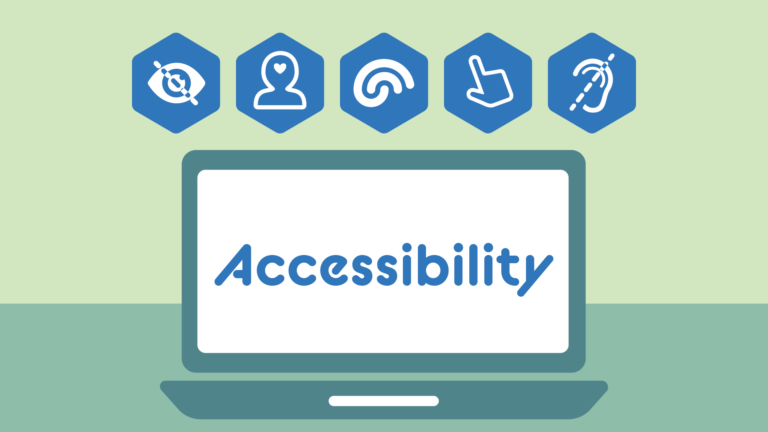
Our team is currently undertaking a project that identifies areas of weakness in the Learning Labs portal and will be working on these to increase our accessibility. For instance, over the coming month we plan to improve the user experience for users where keyboard only navigation is essential with the introduction of consistent shortcut keys, improved tab ordering and active focus indicators.
We know, just like anything in life, there is always room for improvement. We are committed to consistently improving our accessibility and that includes only developing new features in Learning Labs that are inclusive.
How to support Global Accessibility Awareness Day 2020
From our own research into accessibility we know what a complex subject digital accessibility can be. That is why we have put together our ‘is it accessible?’ checklist for use when assessing a digital resource’s accessibility. We also have the CPD Revolution running today, which you can still sign up for, plus there are endless webinars, downloadable documents and conversations happening online that anyone can access.
- Enquire about our free ‘Is it accessible?’ checklist to help you determine if an AT product meets your requirements. Email info@learninglabs.co
- Today we are running a live demo of Learning Labs as part of our CPD Revolution Online – this is the final day of the series and you can still sign up here: https://bit.ly/BookCPDOnline
- Join the accessibility conversation on social media using the hashtag #GAAD today.
There’s no denying the internet is rooted in all that we do. I challenge you to go a day without using it; there would be no Netflix, no social media, no supermarket delivery. In fact, you’d have to stop reading this blog. I also challenge you to try accessing a website for 10 minutes without the use of a mouse just to get a different perspective on accessibility. When something is so engrained in our everyday lives it can be difficult to see its weaknesses or see it from other people’s viewpoint – we just get used to it. Global Accessibility Awareness Day does a great job of highlighting issues, so if you are able to take an action (no matter how small) that generates further awareness, or improves digital accessibility for someone, then I encourage you to do so. If you can’t think of anything else, maybe just share this article with ten friends or have a five minute conversation about accessibility with your family at tea time. Because ultimately, we are all different and we all matter.
Other blog articles


